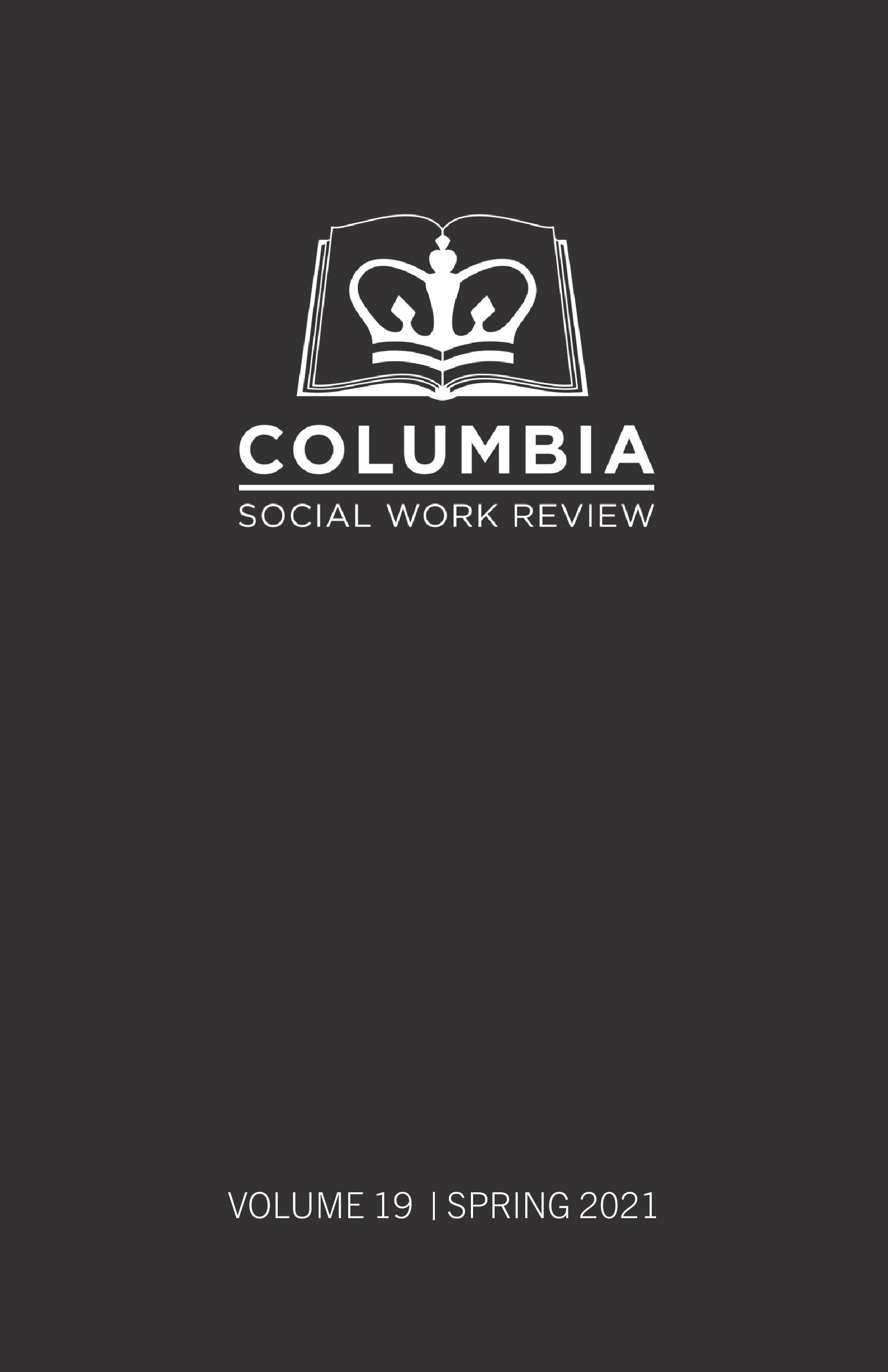The Overdiagnosis of Bipolar Disorder Within Marginalized Communities: A Call to Action
Main Article Content
Abstract
This paper argues that the overdiagnosis of bipolar disorder (BD) is an urgent and underrecognized problem within the U.S., threatening to expose vulnerable Americans to heightened stigma and harmful drug effects while disguising the environmental and traumagenic roots of their distress. The paper traces BD overdiagnosis to biomedical assumptions about mental illness and to the decline of social welfare policies over the past twenty-five years. It calls on policymakers to address BD overdiagnosis by revising criteria in the DSM 5, developing psychosocial models of mental illness, and reintroducing protective social welfare programs. Finally, the paper urges social workers to educate themselves about the harms of BD overdiagnosis as well as to recognize their own role in medicalizing their clients’ distress.
Article Details

This work is licensed under a Creative Commons Attribution 4.0 International License.

